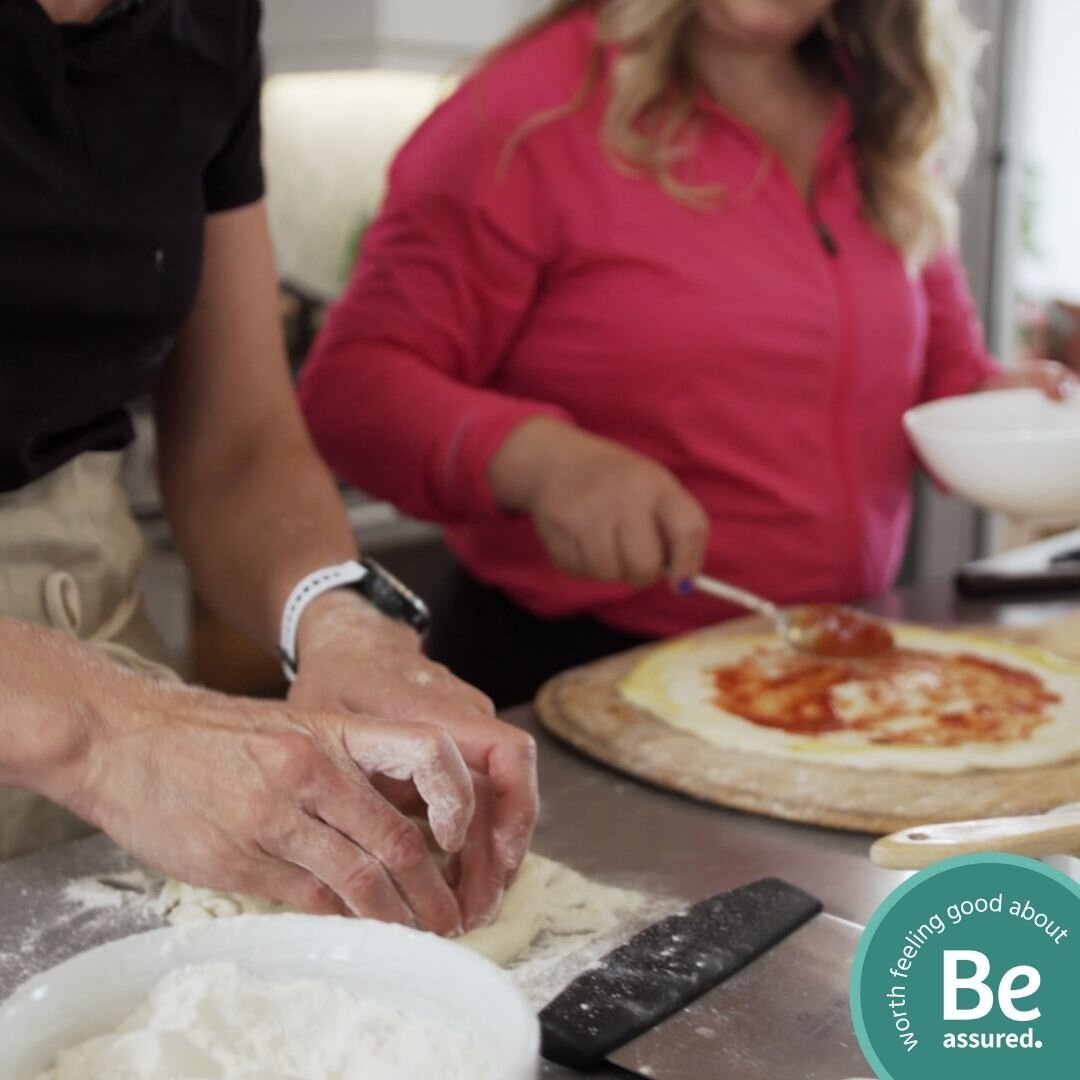Farm-to-table philosophy is a high priority for Alberta chefs
Growing up in East Germany, Doreen Prei got a taste for buying vegetables and meat from farmers and growers right around the corner.
“I was always around farmland. Everybody was a gardener, and we would go pick up eggs from a local farmer every day,” says the Edmonton chef and CBC food columnist. Later, when Prei started cooking at Michelin-starred restaurants in Berlin and Dublin, ingredients always came straight from surrounding farms. “Everything came fresh, fresh, fresh for each service. You would get a delivery in the morning and a delivery in the afternoon,” she recalls.
Prei moved to Edmonton 12 years ago, continuing her craft — bringing along her commitment to using the freshest local ingredients. Today, as sous-chef for Rogers Place, her philosophy remains firmly farm-to-table. “When I build my menus. I always ask [local farmers], what do you have and what is coming up? A lot of menu items are left fairly open, because it's determined by what the farmer brings me,” she says. “It’s like OK, you have squash, let’s do squash.”
Her Alberta-produced favourites include poultry, eggs, cheeses, potatoes, fresh greens, asparagus, broad beans, sunchokes and other veggies. “Now, when I go to Europe, I find myself thinking, oh, I’m happy to go back to Edmonton for the farmer’s markets,” she says, adding she prefers small markets to big-box grocery stores for most items. “You can buy ingredients at these markets in smaller quantities, and you eat fresher instead of filling your freezer.”
Calgary chef Liana Robberecht echoes this sentiment, calling her two-decade commitment to local food a “long-term love affair.” The NAIT-trained culinary pro spent around 12 years at the Calgary Petroleum Club, before taking her talents to WinSport’s Canada Olympic Park. Nowadays, she serves as corporate executive chef for Calgary’s Trico LivingWell senior community.
“Buying local means supporting your local community,” she says. “Plus, having the honour of meeting and working with farmers and producers and building long-time relationships gives you confidence. I feel confident and safe cooking for others when I have been to a farm and I have a personal relationship with the farmer or producer.”
Robberecht sources around 70 per cent of her ingredients locally, including Alberta beef, canola , pulses, wheat, barley, honey and potatoes to name a few. “I am a hands-down loyal fan of Highwood Crossing products — I can’t ever get enough,” she says, referencing the Highwood River-based producer of organic grains, canola, seeds, flours, mixes and cereals. “I also love Chinook Honey [based in Okotoks] and I have a ‘girl crush’ on Noble Premium Bison in Calgary. Bison is so versatile, rich depth in flavour and sexy from the grill to the plate.”
Chef Steven Brochu, owner of Edmonton’s Milkcrate Restaurant, loves Alberta-sourced meats, too — but lately he’s excited about locally grown pulses such as lentils and beans. “People don’t understand that those are all ours, and we should be proud of that,” he says. “They open up a whole new world of cooking.” Try lentil tarts, he suggests: “yummy, nutritional and healthy for the holidays, or for summer.” He also sings the praises of local canola oil, which can be as flavourful and as varied as olive oil, and excellent in salad dressings.
Brochu has been celebrating local ingredients for more than a decade, going back to his time at Beaumont eatery Chartier, and previously St. Albert’s River House. “At each one of those restaurants, I was proud to support, and introduce our guests to, a variety of local ingredients like pork, chicken and dairy,” he says.
And while freshness and flavour are big reasons to source from within the province, local shoppers can also take comfort in the quality, safety, nutrition and ethics of each ingredient. Alberta dairy producers, for instance, follow strict biosecurity and other measures to ensure safety and prevent diseases. Alberta meat producers follow similarly stringent safety and ethical guidelines, and all local farmers are subject thorough health regulations. The same can’t necessarily be said of food produced elsewhere in the world.
“When you’re in the local grocery store, there’s a chance that you might be in there with your neighbour, or even that the food that you're about to eat came from a neighbour — versus an unmarked facility across an ocean, where they don't know what you like, and may not be listening to your feedback,” says Brochu. “Here, they’re able to say, we’ve heard what our neighbours and communities want, and we’re now going to make products to satisfy that craving.” And that’s what really hits the spot.
This story was created by Content Works, Postmedia’s commercial content division, on behalf of Taste Alberta.
Credits:
Written by: Kay Miller
July 21, 2021



